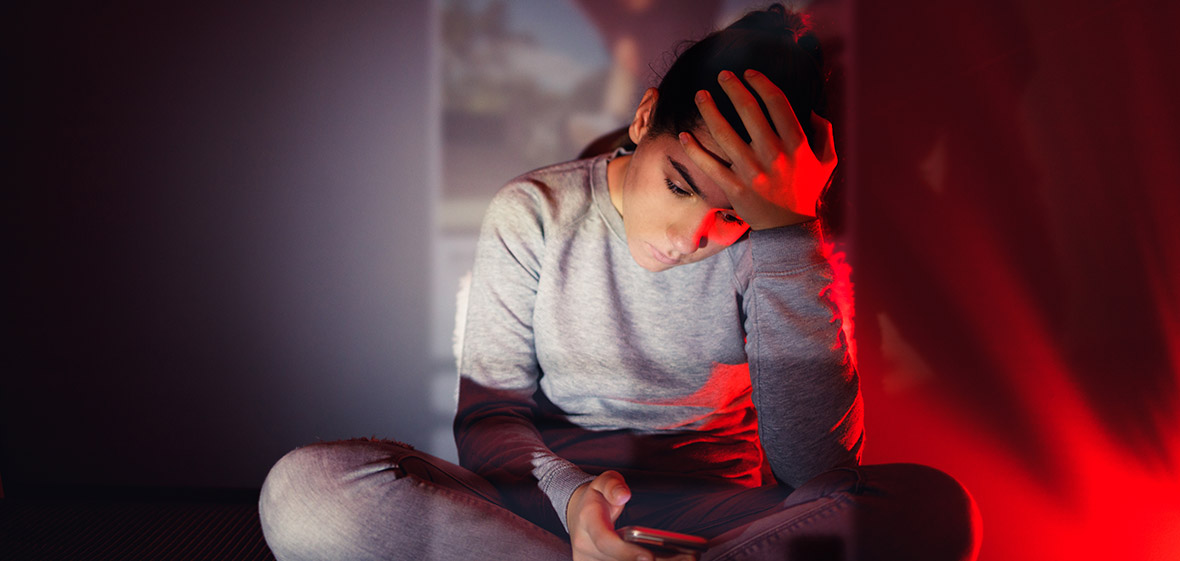
In our technology-driven lives, we all have our social media presence. Whether you are an influencer or just have a Facebook account to stay connected to friends and family, we are all connected through social media somehow.
With how connected we are nowadays, social media can lead to some wonderful things and be very beneficial most of the time. However, we also can see some serious impacts on our mental health when using social media.
We see with the power of technology that cyberbullying has become one of the most used methods of bullying. In the age range of 12 to 17, about 37% of people have been bullied online. People prefer to bully others online because it is so easy for them to hide behind a screen and anonymously send hateful messages to others.
It is important to know how to deal with cyberbullying. First, you should always have someone you trust that you can talk to about these problems if you’re dealing with them. Second, if someone is cyberbullying you, block them from your page so they can never reach out to you again. Finally, remind yourself that comments from a bully are not a reflection of you; the bully just wants to put other people down.
Next, social media can have an impact on your sleep schedule. There is a link between sleep loss and the blue light that your phone gives off. The blue light in your phone tricks your brain into thinking it is daytime, so your body will not release melatonin, which tells your body it is time to relax and prepare for sleep. It is more difficult to fall asleep if you stay glued to your phone before bed. It is recommended that you do not go on your devices for 30 to 60 minutes before you fall asleep to let your brain and body completely unwind.
Now, not all social media is negative. There are still plenty of positive things that social media provides.
A huge benefit is the ability to build and maintain social relationships. We see this happen a lot when two people meet online and begin to form their relationship. It is also helpful for keeping in touch with your friends and family. It can be very uplifting to see your friends or family online and chat with them, especially if you don’t get to see them very often.
Another positive factor of social media is that it can motivate people. If you want to connect with people who share the same values and goals as you, it is incredibly easy to do so. By connecting with these people that share the same goals and aspirations as you, it is a lot easier to stay motivated to accomplish your goals. Also, it is a lot easier to learn from other people and collaborate on ideas together.
Social media has some positive and negative effects on our mental health. However, if we want to always help our mental health, it is important to ask ourselves if we are using social media the appropriate way and consider how it is making us feel. If you find yourself getting upset, anxious or depressed every time you go on social media, it is time to take a break.
UofL Health – Peace Hospital has an Assessment and Referral Center that offers no-charge level-of-care assessments 24/7. You can also contact the 24-hour 988 Suicide and Crisis Lifeline by dialing 988.









